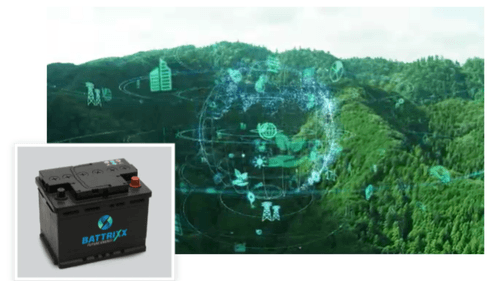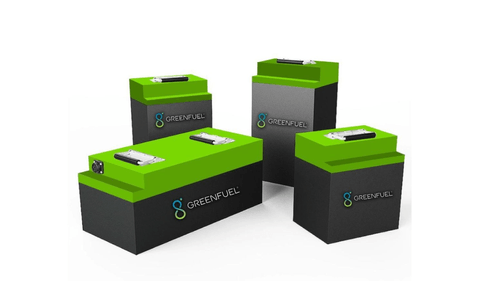Ad
Ad
Audi e-tron batteries to power e-rickshaws in India
Audi Environmental Foundation is executing this project in partnership with Nunam - the Bengaluru and Berlin-based non-profit startup. The project aims to enable economic involvement and offer a safe transportation mode. According to Timo Engler, the Head
Audi Environmental Foundation is executing this project in partnership with Nunam - the Bengaluru and Berlin-based non-profit startup. The project aims to enable economic involvement and offer a safe transportation mode. According to Timo Engler, the Head of Training Automotive Engineering and Logistics at the Neckarsulm site, “Our bunch of trainees gain from the exchange of cultural diversity, the Nunam crew from our expertise in batteries, charge time and design leads to an end result in the form of an Audi DNA enabled tuk-tuk.”
Ad
Ad

Nunam - the German-Indian joint start-up is working on a project that aims to reuse EV batteries to be installed in their upcoming electric three-wheelers. The company is set to introduce three e-rickshaws in India, which are cranked-up by used batteries extracted from Audi e-tron test cars. The objective is to analyze and examine the scope of reusing high-voltage battery modules, once it is used in the cars, and check if their afterlife is reliable in terms of possible reuse viability.

Audi and Nunam’s venture essentially focuses on empowering women in India by enabling them with job prospects such as giving them the Audi e-rickshaws to ferry their belongings or goods. Audi Environment Foundation funds Nunam - tha Bengaluru and Berlin-based non-profit startup - which created three Audi-Nunam e-rickshaw models in association with the Audi Neckarsulm team. It is a debut project collaboration among Audi AG and Audi Environment Foundation along with Nunam.
According to Timo Engler, the Head of Training Automotive Engineering and Logistics at the Neckarsulm site, “Our bunch of trainees gain from the exchange of cultural diversity, the Nunam crew from our expertise in batteries, charge time and design leads to an end result in the form of an Audi DNA enabled tuk-tuk.”
More News
Ad
Ad





